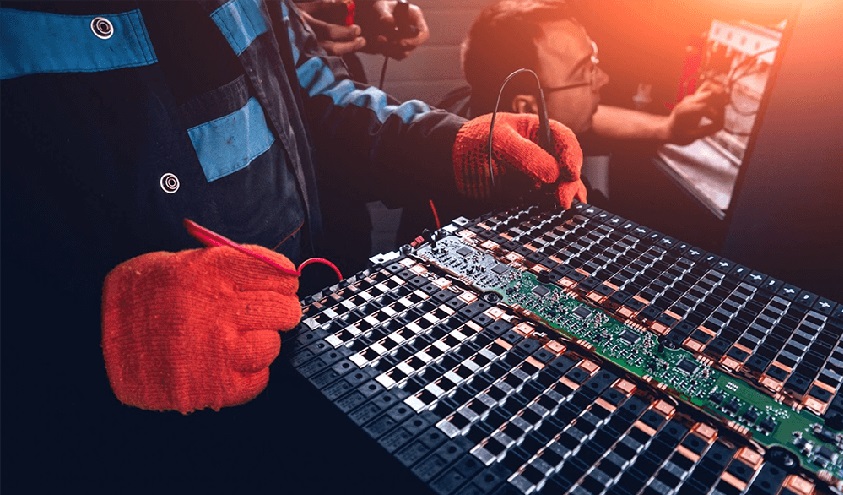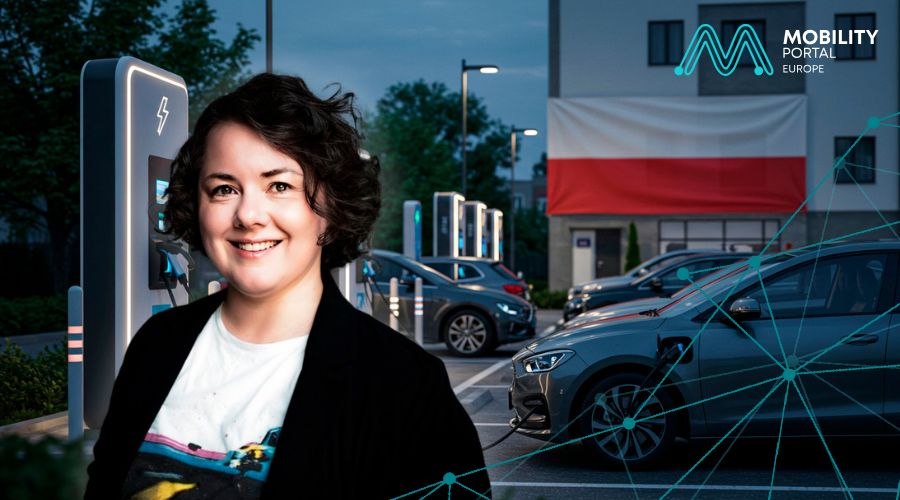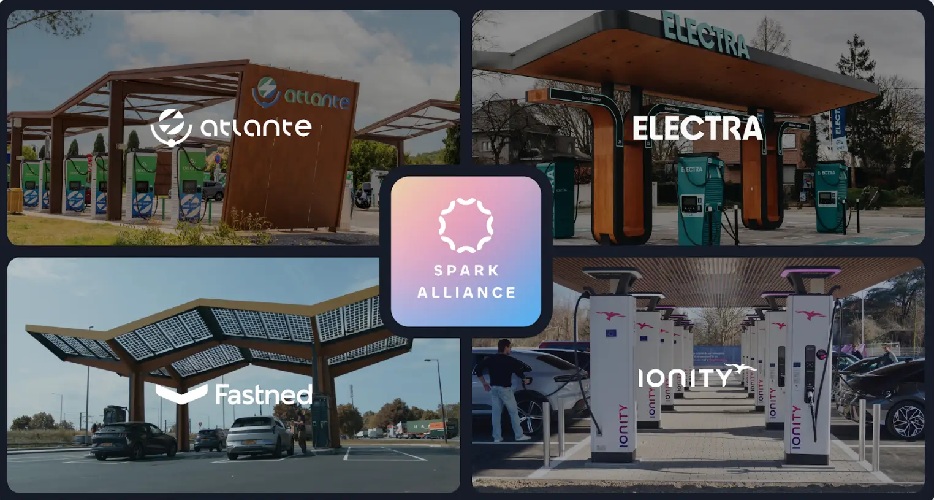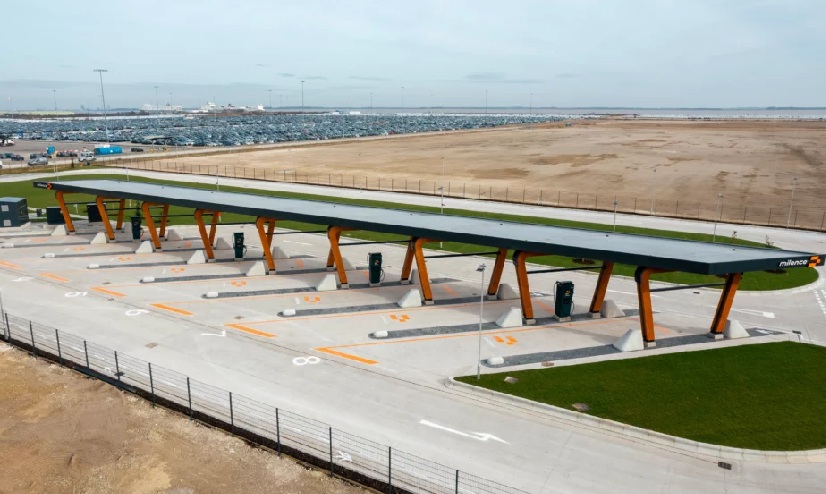With several partners from research and industry, the Chair of Production Engineering of E-Mobility Components (PEM) of RWTH Aachen University has begun the three-year TRAICELL project.
Funded by the German Federal Ministry of Education and Research, the project focuses on the traceability of crucial data as well as on artificial intelligence to optimize battery cell production.
“Innovative solutions – including those from digitalized battery cell production – must be transferred from research to industry more quickly,” says PEM Director Professor Achim Kampker.
“In future, it will be important to be able to make reliable quality predictions during the forming process in order to reduce production times and detect rejects at an early stage.”
In terms of significantly more sustainable battery production, the project focuses on three core areas a panel of experts from research and industry had previously assessed as promising approaches.
In this way, three near-series prototypes are to be created along three scaling stages of battery production.
On the one hand, a system is to be developed that enables production and quality data to be tracked down to individual electrode layers.
In addition, the aim is to increase efficiency and quality by simultaneously optimizing the mixing and coating processes.
At the end of the project, machine learning models will make it possible to predict cell quality in early production phases in order to minimize waste and improve material yield.
TRAICELL also involves the Fraunhofer Research Institution for Battery Cell Production FFB, German electrode and cell manufacturer UniverCell, BST as a full-service provider of quality assurance systems, and AI developer Merantix Momentum.
Together, the consortium will develop and test the intended innovations on various scales – from pilot to near-series production.
“The transfer of these data-based solutions to industry will strengthen domestic mechanical and plant engineering and help to make European battery cell production more efficient and sustainable as quickly as possible,” says PEM Management Member Professor Heiner Heimes.
READ MORE
-
Can a “super ministry” accelerate electric mobility in Poland?
While registrations of zero-emission vehicles are breaking records in the country, industry leaders warn of the political challenges accompanying the progress of eMobility: “New regulations should be prepared at the beginning of autumn.” Could a state restructuring be the answer?
-
Spark Alliance: the largest and most trusted charging network is now live
Created by 4 of Europe’s leading CPOs, the Spark Alliance is setting the bar for what EV charging should be: fast, seamless, and flawlessly connected. What does it consist of?
-
Europe has 1,100 public E-Truck chargers but distribution remains uneven
In a new white paper, Milence delivers a clear, data-driven answer: while today’s infrastructure can support the current fleet, rapid and strategic expansion is essential to enable widespread adoption by 2030. How can this trend be accelerated?










